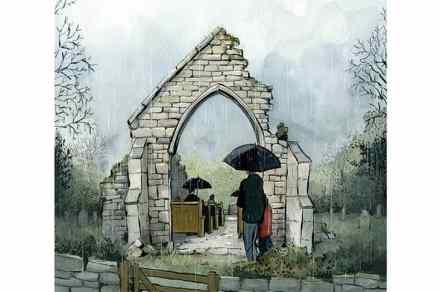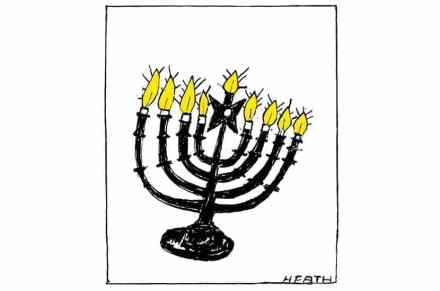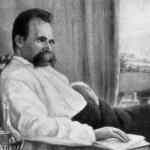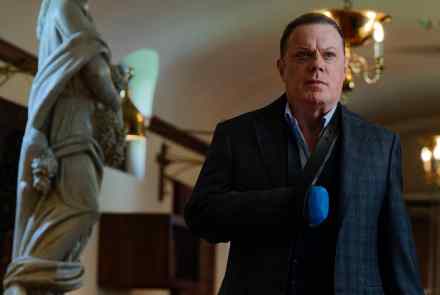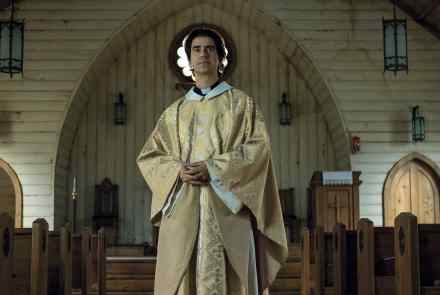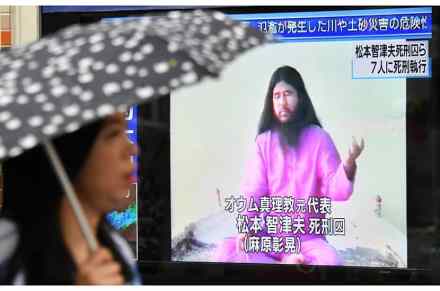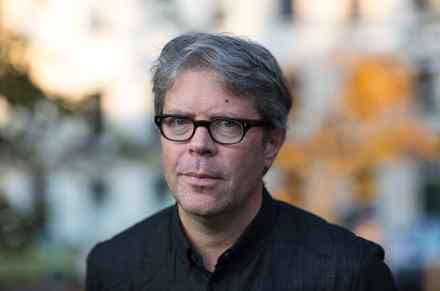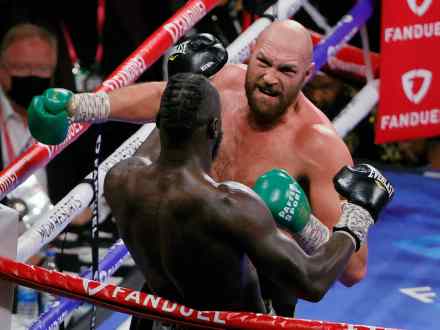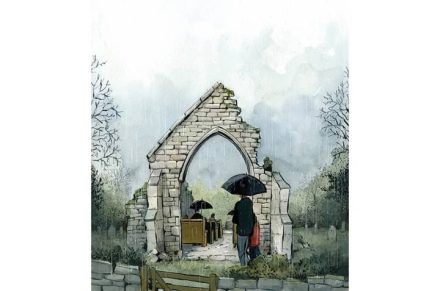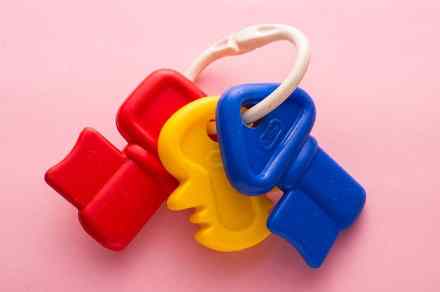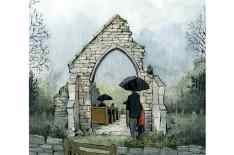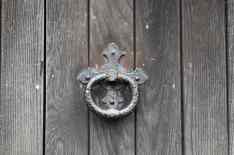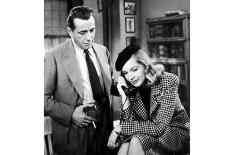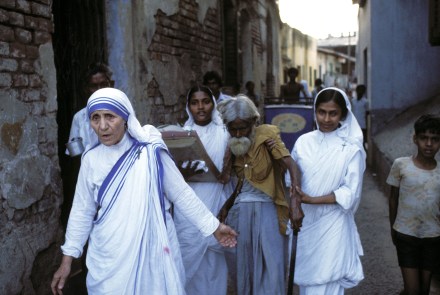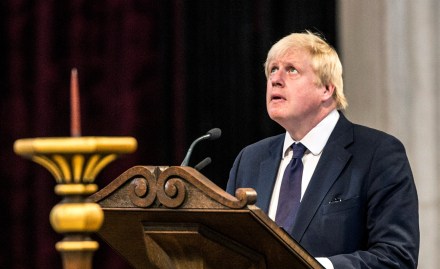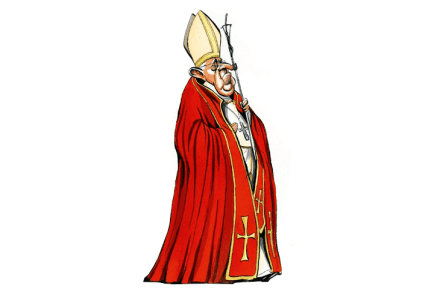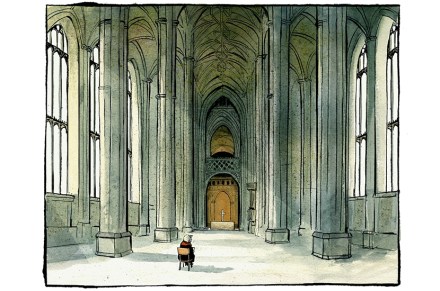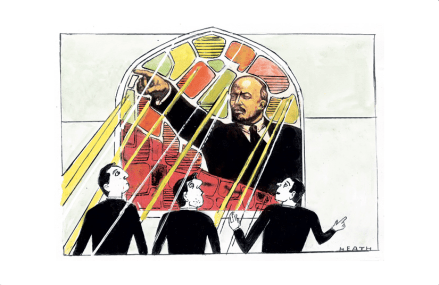The churches must stay open
Hooray for Cardinal Vincent Nichols, who used the one day of the year when his pronouncements are amplified by the season to ‘sincerely appeal that [the government] do not again consider closing churches and places of worship.’ He said in a BBC interview he believed it had been demonstrated that the airiness of churches meant they are ‘not places where we spread the virus’. Mind you, Catholic churches weren’t as bad as the Church of England This is, of course, entirely sensible. It was nuts for churches to close at the start of lockdown, at least as spaces for prayer if not for communal worship. Pretty well any church is ‘Covid-safe’, in
